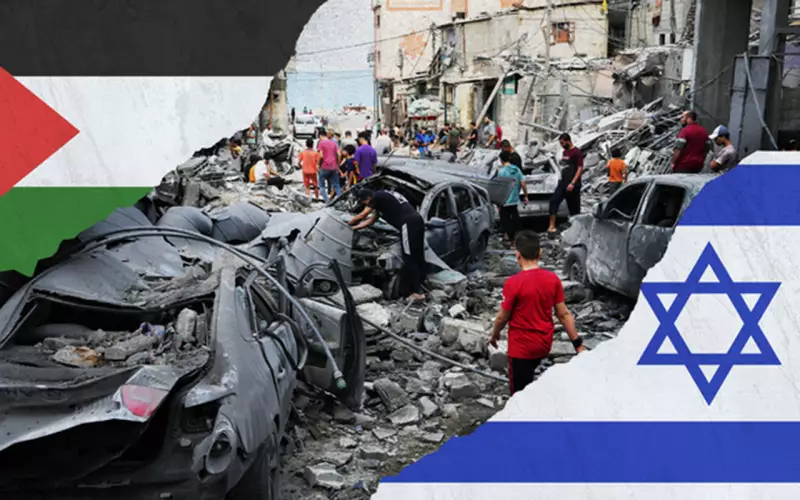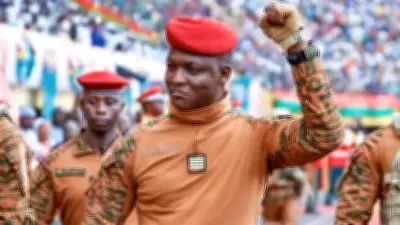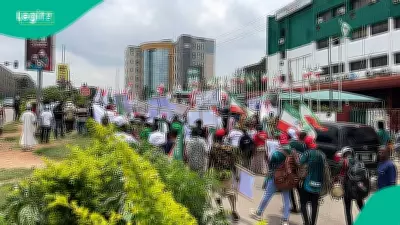
The recently announced ceasefire between Israel and Hamas represents a fragile pause in hostilities that has brought temporary relief to war-weary civilians on both sides. However, the critical question remains: how can this temporary truce be transformed into lasting peace?
The Humanitarian Imperative
Immediate humanitarian corridors must be established and maintained to address the devastating human cost of this conflict. The ceasefire provides a crucial window to deliver essential supplies—food, medicine, clean water, and fuel—to Gaza's civilian population while facilitating the safe return of hostages and prisoners.
Building Trust Through Actions
Trust-building measures are essential for any ceasefire to hold. Both parties must demonstrate commitment through:
- Verifiable compliance with ceasefire terms
- Immediate cessation of all hostile activities
- Transparent monitoring by neutral observers
- Gradual demilitarization of border areas
The International Community's Role
Third-party mediation led by regional powers and supported by global institutions provides the necessary framework for sustainable peace. Egypt, Qatar, and the United Nations have demonstrated their capacity to facilitate dialogue, while the United States and European Union must provide diplomatic and economic incentives for compliance.
Addressing Root Causes
A temporary ceasefire cannot address the underlying issues fueling this conflict. Lasting peace requires confronting the fundamental political disputes, including:
- Palestinian statehood and self-determination
- Israeli security concerns and border integrity
- Jerusalem's status as a shared holy city
- Refugee rights and settlement issues
Economic Reconstruction and Development
The massive reconstruction needed in Gaza presents both a challenge and an opportunity. International donors must coordinate rebuilding efforts while ensuring that economic development benefits all parties and creates interdependencies that discourage future conflicts.
The current ceasefire, while fragile, represents the best opportunity in years to break the cycle of violence. With careful diplomacy, international support, and genuine commitment from all stakeholders, this temporary truce could evolve into the foundation for lasting peace in the region.





